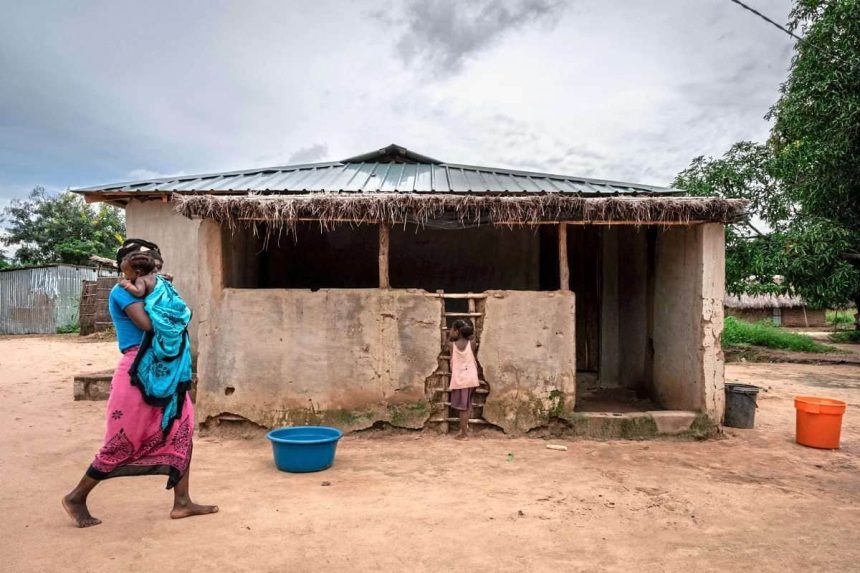Poverty and Dependency in Mozambique to Be Reduced Through Tourism Know-How
Mozambique's rural regions have great tourism potential. However, there is often a lack of knowledge on how to exploit it. A research project aims to remedy this.

Mozambique's rural regions have great tourism potential. However, there is often a lack of knowledge on how to exploit it. A research project aims to remedy this.



